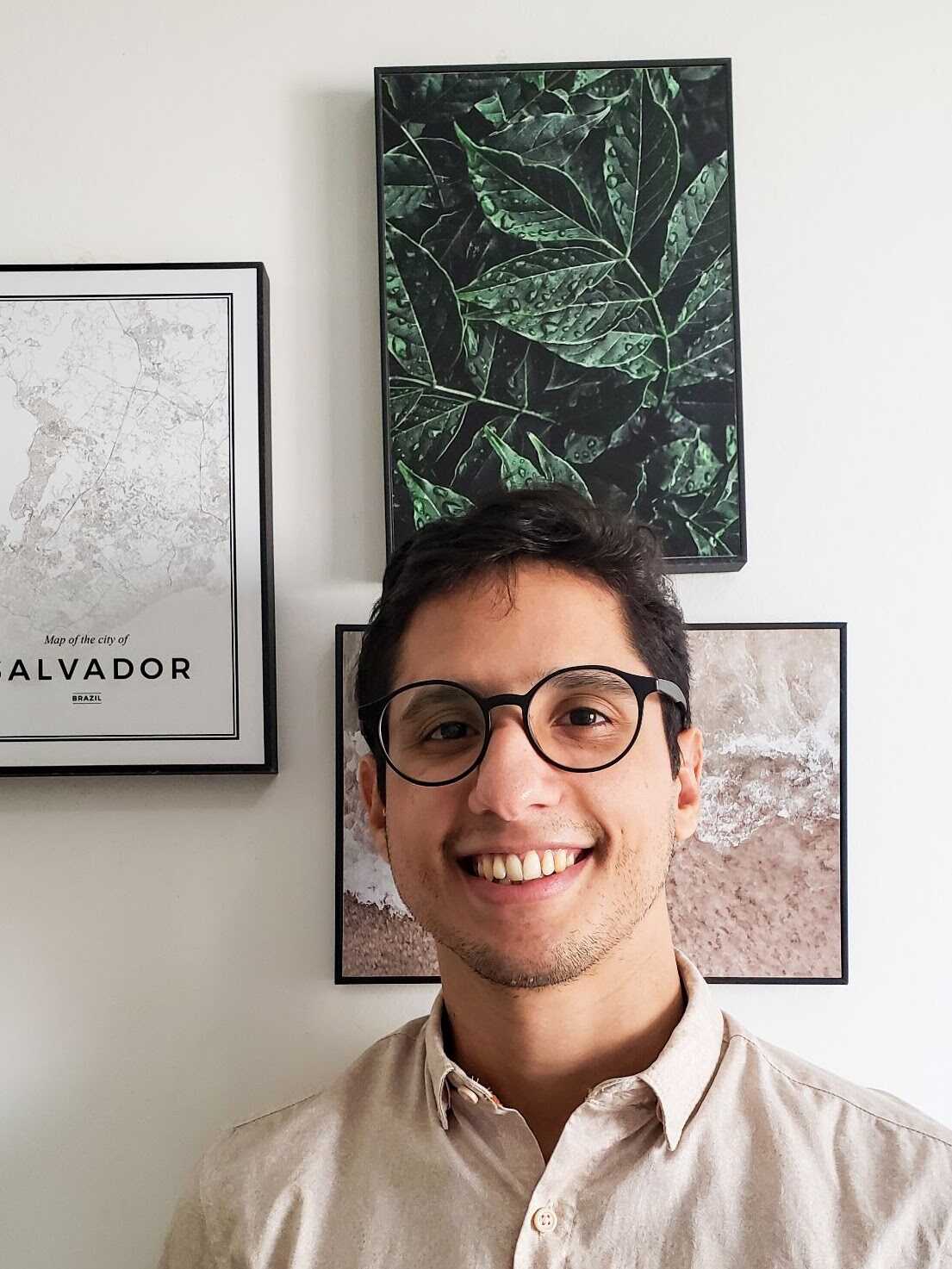People
Faculty
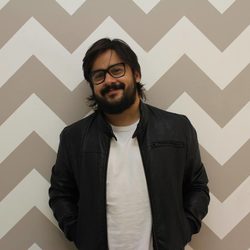
Tiago Ventura
Tiago Ventura is a Ph.D. Candidate in Government and Politics at the University of Maryland, College Park (UMD), and an alumni of SICSS Princeton in 2019. Tiago is a researcher on comparative politics and computational social science, with a particular focus on political violence in Latin America and political communication. During the Winter and Spring of 2021, He will be the Young Talent fellow in Computational Social Science at FGV Rio de Janeiro. Tiago is also a researcher at the Interdisciplinary Laboratory for Computational Social Science at UMD.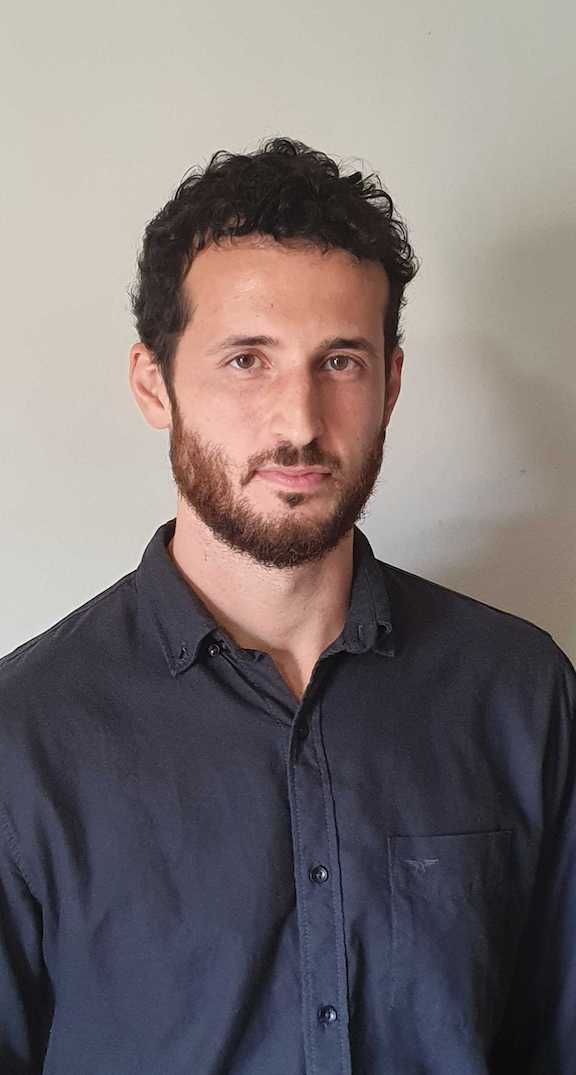
Amaro Grassi
Amaro Grassi is a Ph.D. Candidate in Political Science at IESP-UERJ, and Chief Researcher at The Department of Public Policy Analysis of Getulio Vargas Foundation (FGV/DAPP)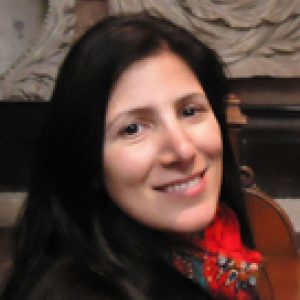
Danielle Sanches
Danielle Sanches is a professor at FGV ECMI and a PhD in History of Science at the École des Hautes Études en Sciences Sociales in cooperation with the Casa de Oswaldo Cruz/FioCruz. She currently works on Digital Methods, focusing on the influence of the algorithm culture on social practices.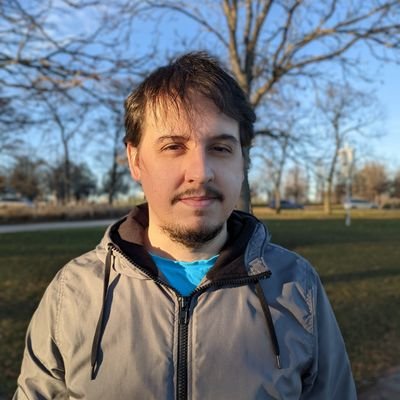
Daniel Trielli
Daniel Trielli is a Ph.D. Candidate in Media, Technology and Society at Northwestern University. He researches how news reaches the public in our increasingly algorithmically-defined world and how journalists can cover algorithms. He participated in SICSS 2018 as a student, SICSS 2019 as a TA, and SICSS 2021 as a speaker.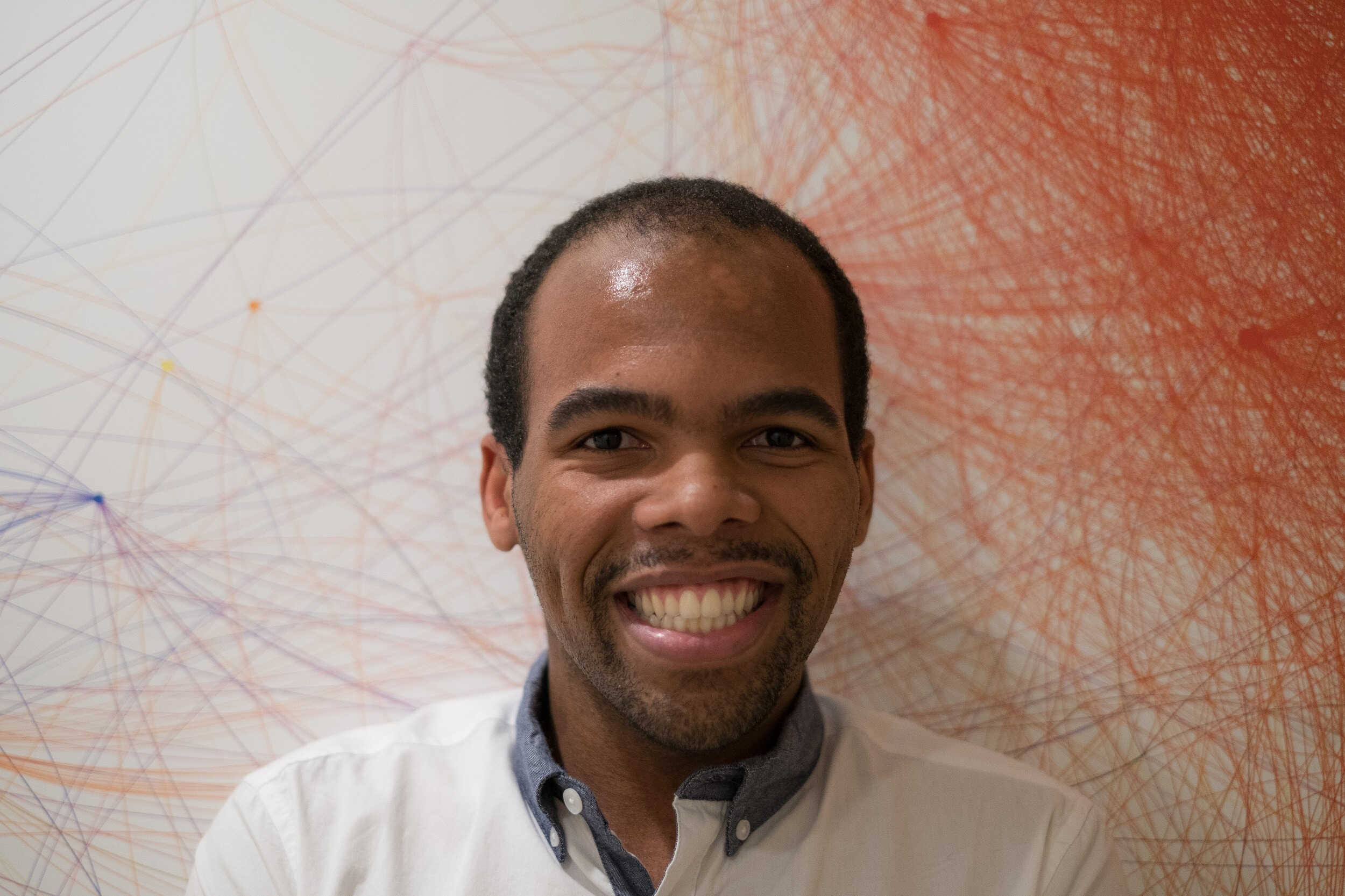
Lucas Roberto
Lucas Roberto is a Master student in Informatics at the Pontifical Catholic University of Rio de Janeiro (Brazil), where he researches natural language processing. He is a data scientist at the Department of Public Policy Analysis of Getulio Vargas Foundation (Brazil), where he works with machine learning for developing tools and procedures for social media analysis.
Polyana Barbosa
Polyana Barbosa is a researcher at the Department of Public Policy Analysis of Getulio Vargas Foundation (Brazil), where she works with data extraction and analysis from social media. She has a Bachelor’s degree in Applied Mathematics by Getulio Vargas Foundation and is a Master student in Informatics at the Pontifical Catholic University of Rio de Janeiro (Brazil). Her research interests are social network analysis in digital media and multi-agent systems in software engineeringSpeakers
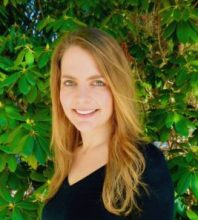
Alexandra Siegel
Alexandra Siegel is an Assistant Professor of Political Science at the University of Colorado at Boulder and a nonresident fellow at Brookings in the Center for Middle East Policy and the Artificial Intelligence and Emerging Technology Initiative, as well as a faculty affiliate at Stanford’s Immigration Policy Lab (IPL) and New York University’s Center for Social Media and Politics (CSMaP). Dr. Siegel's research uses original datasets of hundreds of millions of social media posts, text and network analysis, machine learning methods, and experiments to study mass and elite political behavior in the Arab World and other comparative contexts.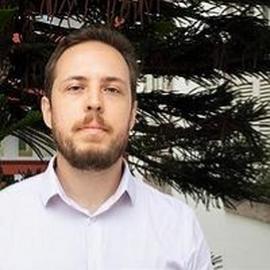
Fernando Meirelles
Fernando Meireles is a Postdoctoral Fellow in Political Science at CEBRAP, where he studies Brazilian and Latin American political institutions, legislative behavior, and political representation. Methodologically, he specializes in data science, causal inference, and computational and survey methods. He has a Ph.D. in Political Science (UFMG/Brazil) and was previously the Research Director at the Brazilian polling company Quaest.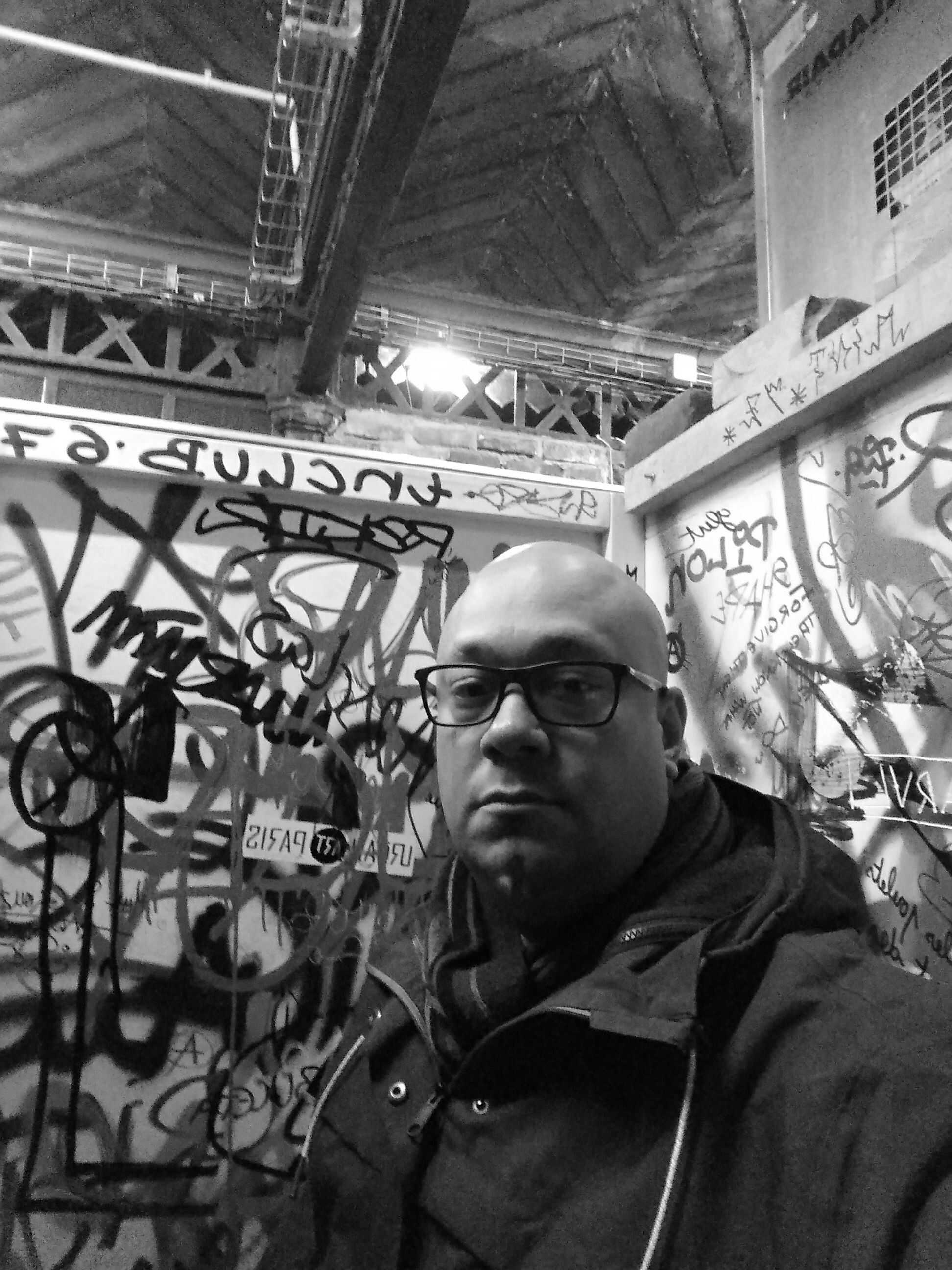
Leonardo Nascimento
Leonardo F. Nascimento is a professor at the Federal University of Bahia where he coordinates the Digital Humanities Laboratory (LABHDUFBA). His research interests include digital sociology, digital humanities and computational social science. He is the author of the book Sociologia Digital: uma breve introdução - EDUFBA - 2020
Pablo Boczkowski
Pablo J. Boczkowski (he / él) is Hamad Bin Khalifa Al-Thani Professor at Northwestern University. He is Founder and Director of the Center for Latinx Digital Media, and Faculty Director of the Master of Science in Leadership for Creative Enterprises program, both at Northwestern; Co-Founder and Co- Director of the Center for the Study of Media and Society in Argentina, a joint initiative between Northwestern and Universidad de San Andrés, in Buenos Aires; and Senior Fellow at the Weizenbaum Institute for the Networked Society in Germany. In 2020 he was named Fellow of the International Communication Association. He is the author or coauthor of six books, co-editor of four volumes, and has written over fifty journal articles. His current book projects include Social Media Studies: Comparative Perspectives (with Mora Matassi, under contract with MIT Press) and The Patina of Distrust: Misinformation in a Context of Generalized Skepticism (with Eugenia Mitchelstein, María Celeste Wagner and Facundo Suenzo).Teaching Assistants
Participants
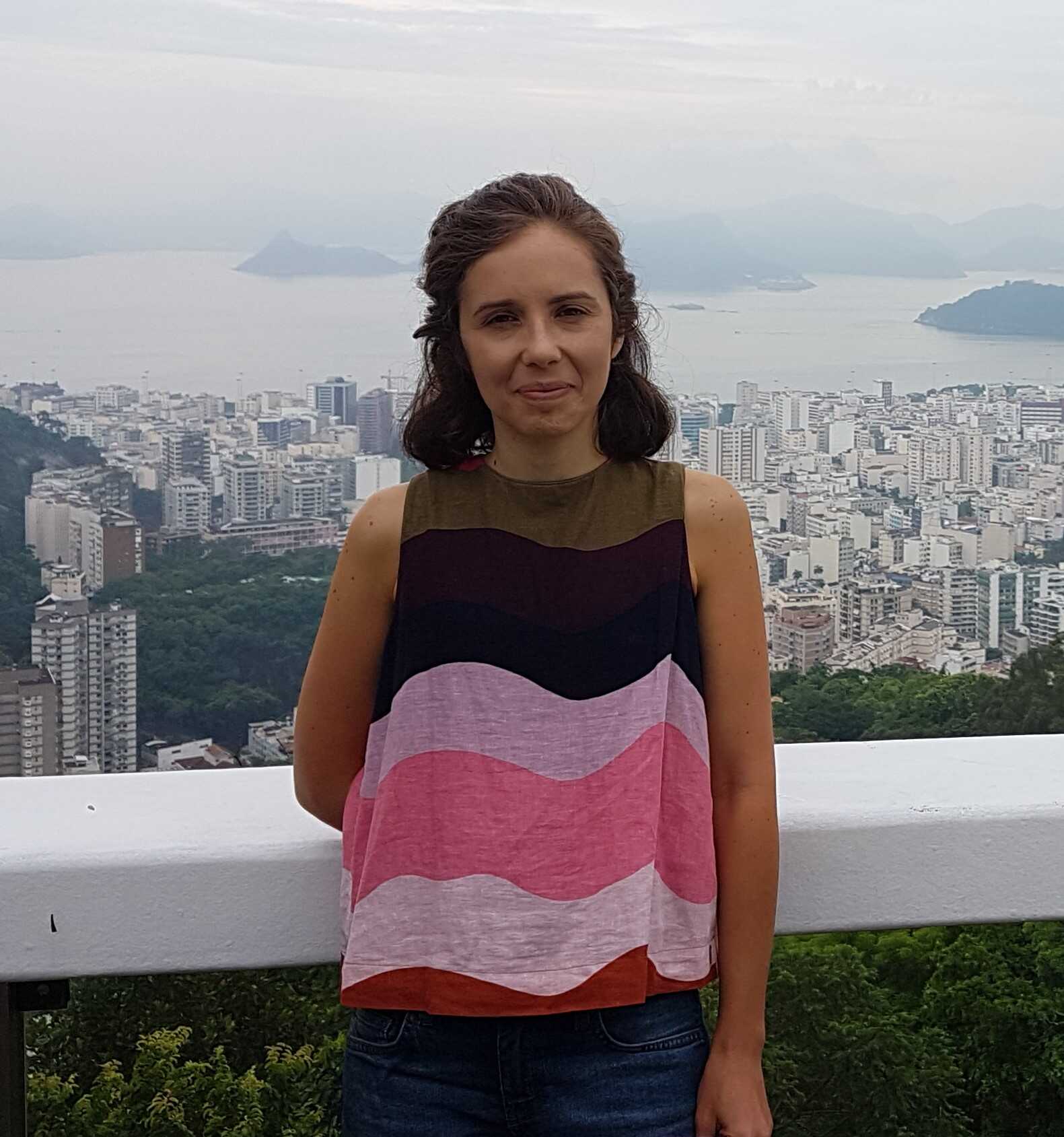
Alejandra Josiowicz
Alejandra Josiowicz is Professora Adjunta (Assistant Professor) and Coordinator of Internationalization at the Institute of Languages and Literatures of the State University of Rio de Janeiro (UERJ). She is also Prociencia Fellow (2021-2024) at UERJ. She was a Researcher at the National Council for Science and Technological Research of Argentina (CONICET). She was Post-doctoral Fellow at the Digital Humanities Laboratory in the School of Social Sciences of the Getulio Vargas Foundation. She is currently studying feminist and antiracist activism on Twitter in Latin America. She has published on Latin American Studies, Gender, Literature and Childhood Studies.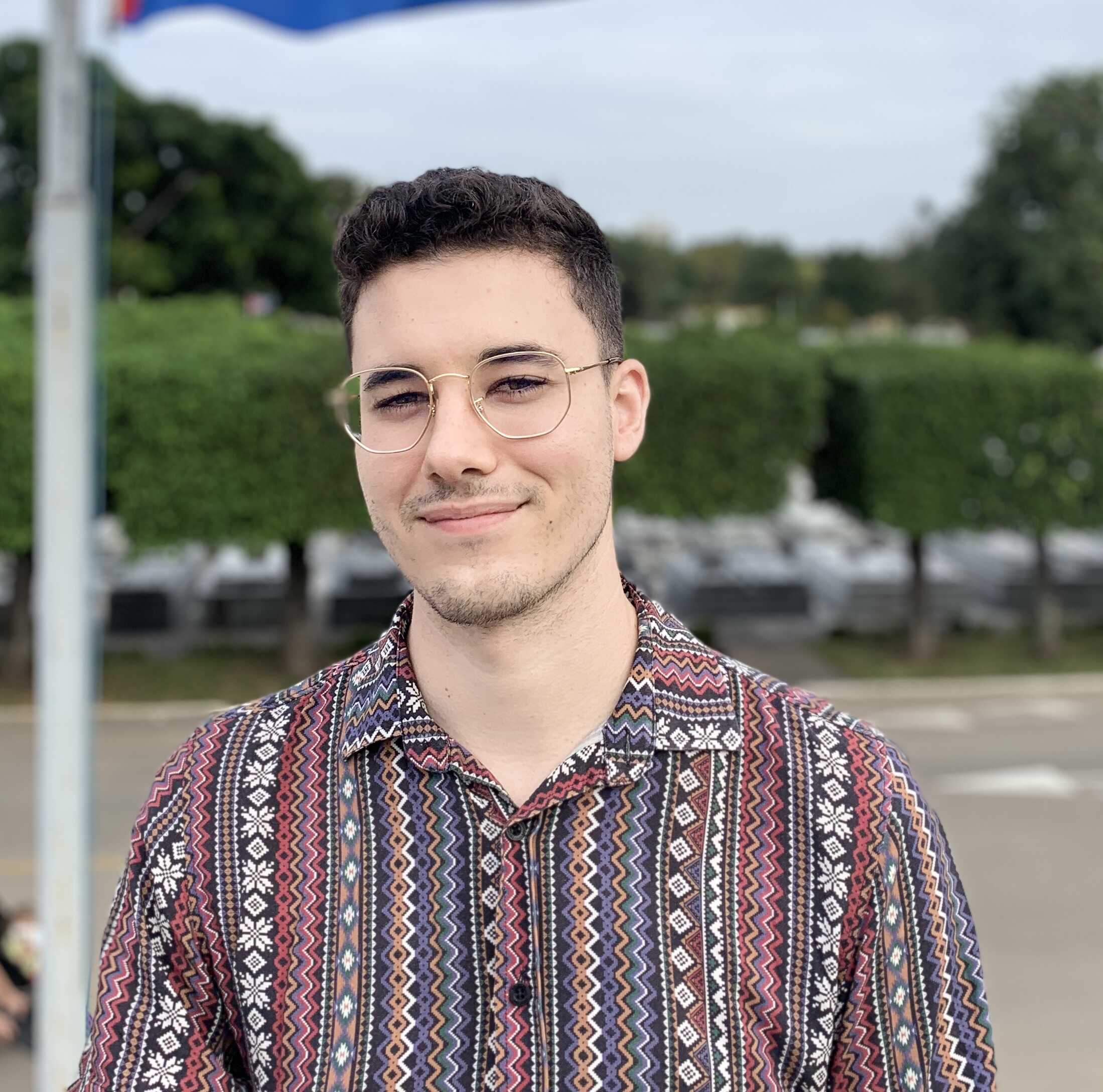
Alexsander Dugno Chiodi
Alexsander Dugno Chiodi is a master's student in Political Science at the Federal University of Rio Grande do Sul, and holds a B.A. in Social Sciences from UFRGS. His research interests include new agents of political socialization, political values of Brazilian youth and social network analysis.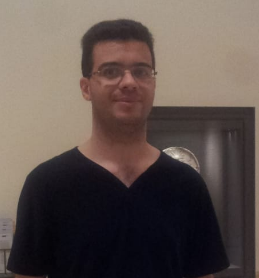
Alisson Soares
Alisson Soares is a PhD in sociology at the Federal University of Minas Gerais - Brazil, his traditional interest are sociological theory and epistemology and now is focussing on Computational Text Analysis/ NLP in R language as approaches to misinformation, conspiracy theories and stability of beliefs. He is also building a manual of Text Analysis with R in Portuguese.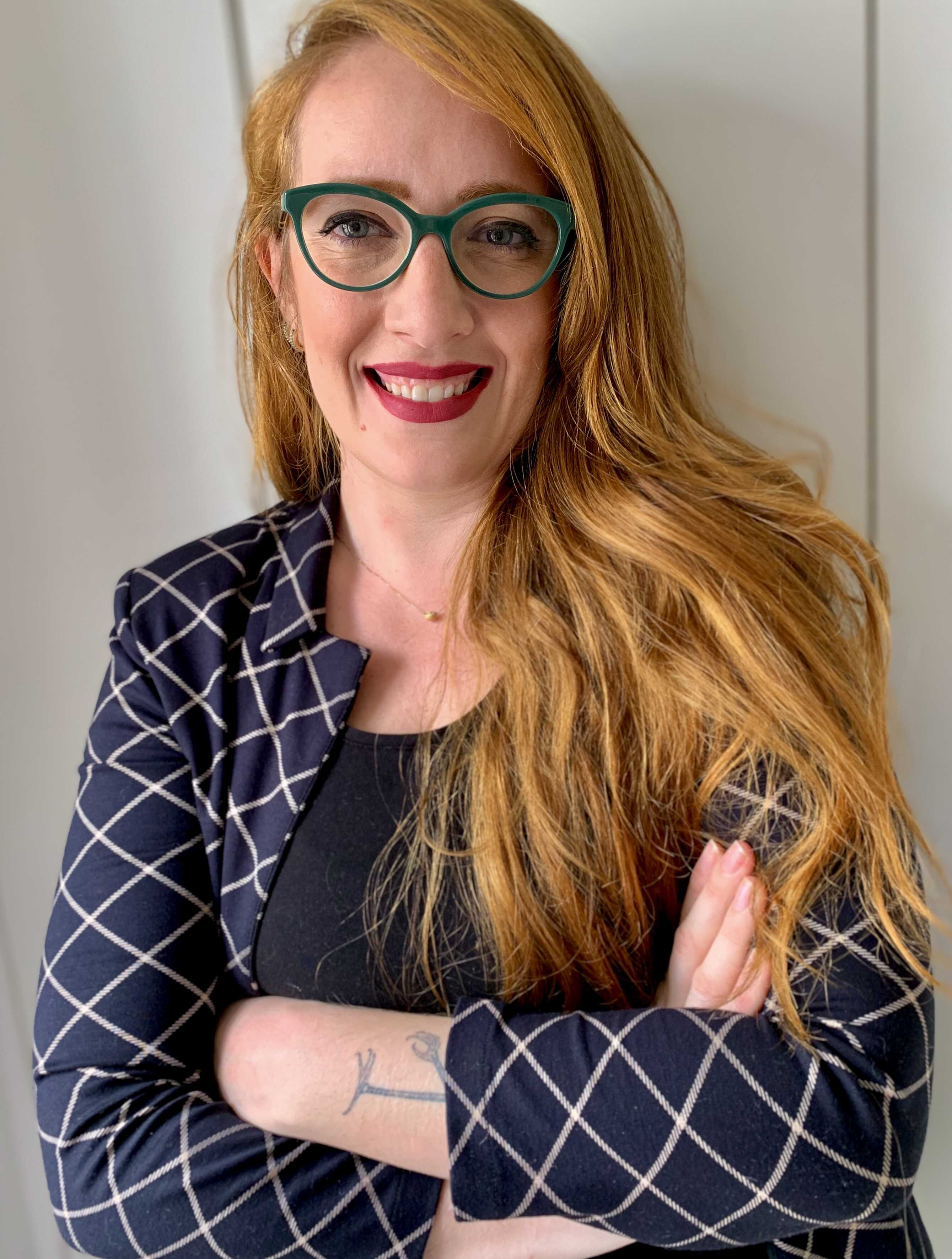
Ana Julia Bonzanini Bernardi
Associate Professor at School of Sociology and Politics Foundation of São Paulo (FESPSP-Brazil) and researcher at the Latin America Research Center (NUPESAL-UFRGS). She holds a PhD in Political Science by the Federal University of Rio Grande do Sul (UFRGS-Brazil). Her work is focussed on the linkage between social network analysis and political culture to understand the impact of misinformation regarding politics in different scenarios. She is also broadly interested in studying public policies for civic empowerment, specially the ones related to youth and education.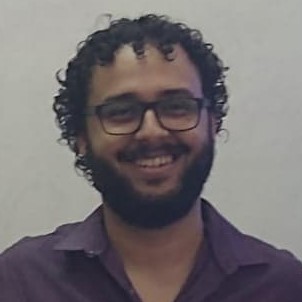
Diego Nunes da Rocha
Diego Nunes da Rocha is a PhD sociology student at Institute of Political and Social Studies of State University of Rio de Janeiro (IESP-UERJ) and he is a member of Center for the Study of Wealth and Social Stratification (Ceres/UERJ). He is currently researching the causal effect of changing the school management in the student's perfomance in Brazil. Diego holds a masters .
Felipe Roquete
Felipe Roquete is the current Head of Intelligence Unity of Cade (since 2015), and was the Deputy Head of Bid Rigging Unit of Cade (2009-2014). He has a degree in Law (UFMG) and holds a Master’s degree in Political Science (UnB). He is also a PhD Candidate of Regulation Law at Fundação Getúlio Vargas (FGV). His research interests include AI regulation and antitrust.Gabriel Madeira
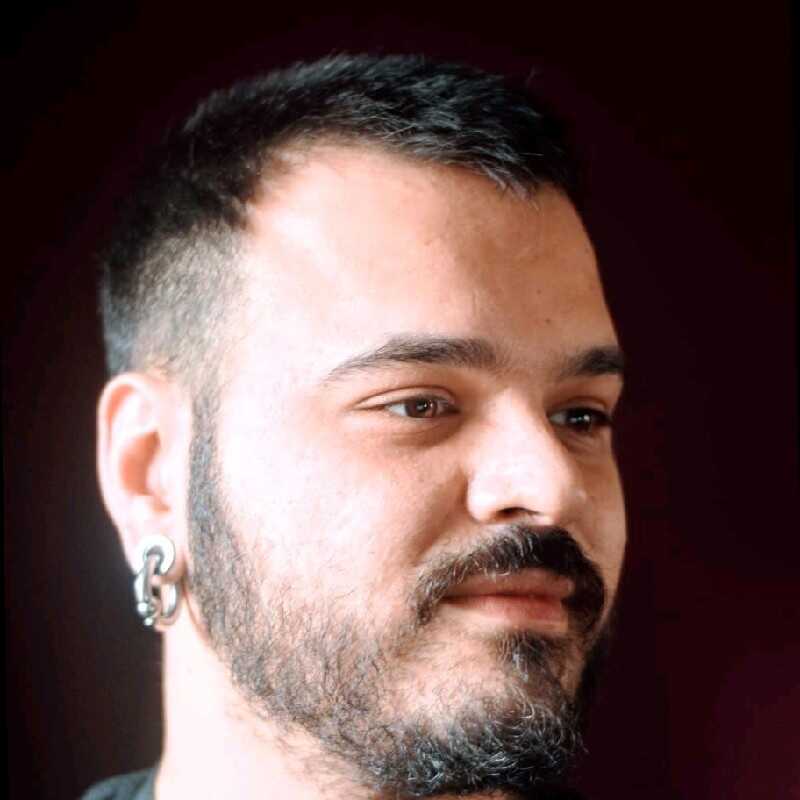
Guilherme Nicolau
PhD in Political Science by the University of São Paulo. Works with mixed methods: ethnography and machine learning. Specialized in Natural Language Processing. Working at Americanas s.a.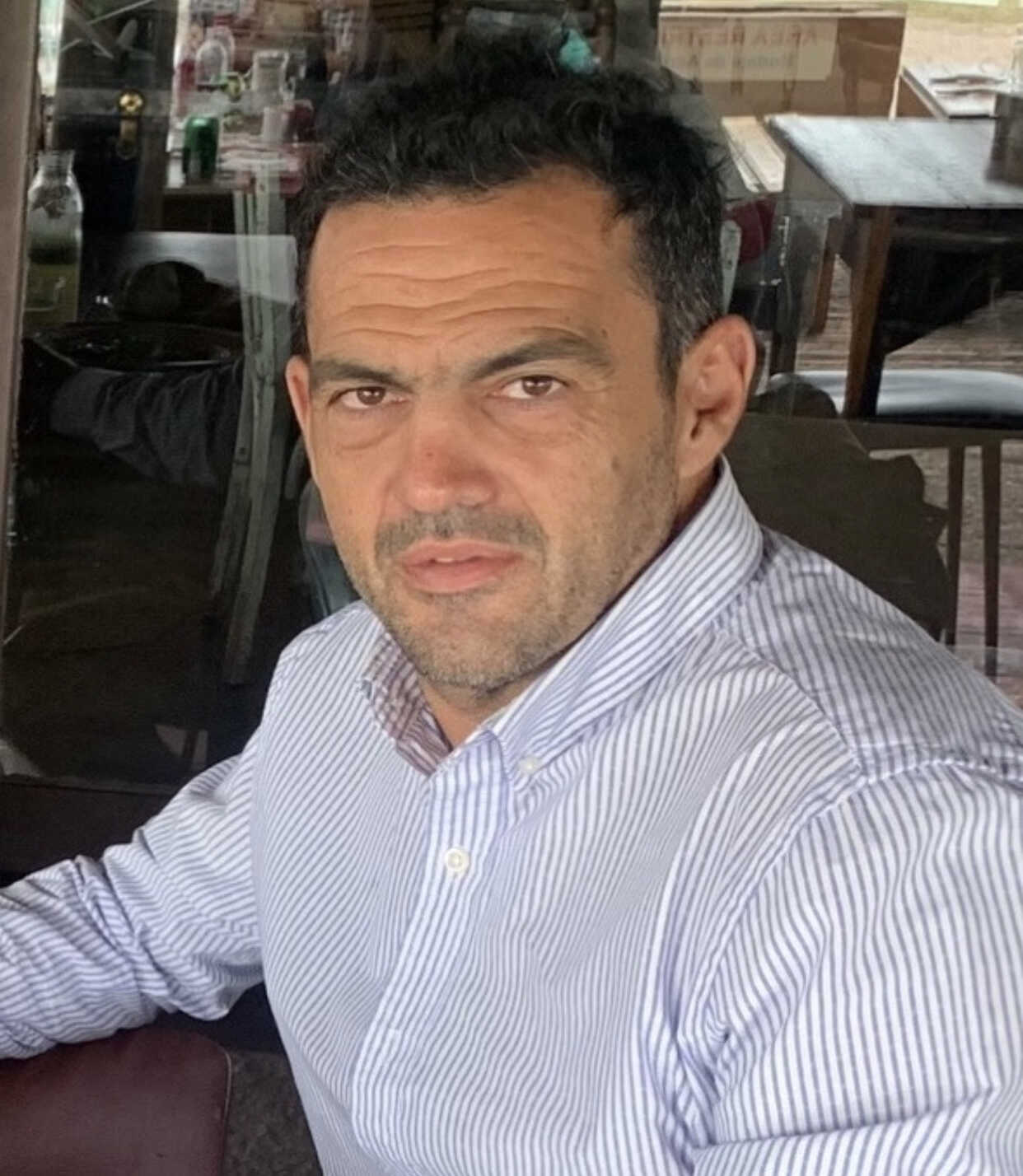
Gustavo Alasino
Gustavo Alasino is Ph.D. Candidate at Universidad Torcuato Di Tella and he has been teaching International Finance at different graduate’s schools. His bachelor and Master of Sciences on international relations. Actually he drives his Consultancy Company oriented to global business and data science development services while preparing thesis requirements at Di Tella. His research focus is on applying computational science methods (mostly numeric based) in international relations studies. He recently published a research on how to use time series model based con Bayesian methods to estimate emerging markets financial risk index behavior.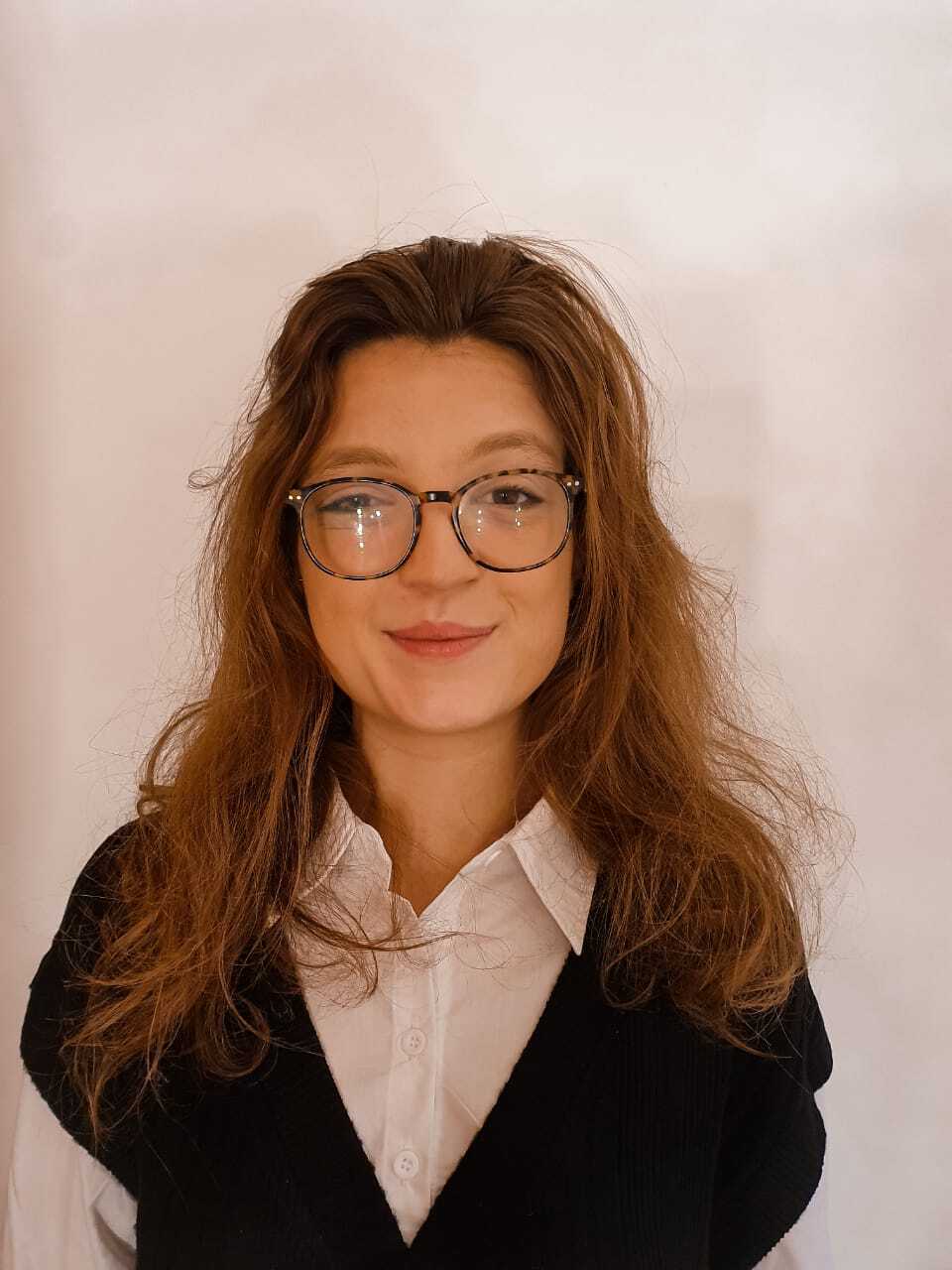
Heloísa Traiano
Heloísa Traiano is a graduate student specialising in Culture and Politics at Leiden University. She works as a research assistant and project coordinator at Netlab, a multidisciplinary laboratory from the Federal University of Rio de Janeiro (UFRJ) investigating digital disinformation on political and environmental issues through qualitative and quantitative methods.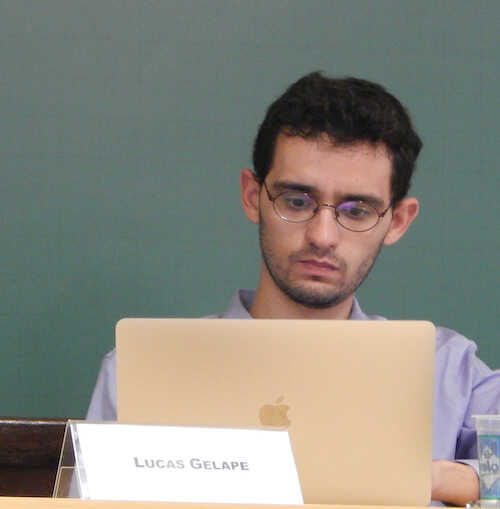
Lucas Gelape
Lucas Gelape has a PhD in Political Science from the University of São Paulo. Currently, he works at Fundação Seade (São Paulo State Statistical Bureau), developing computational social science projects to produce official statistics. Previously, he worked for news organizations on topics such as elections and social media.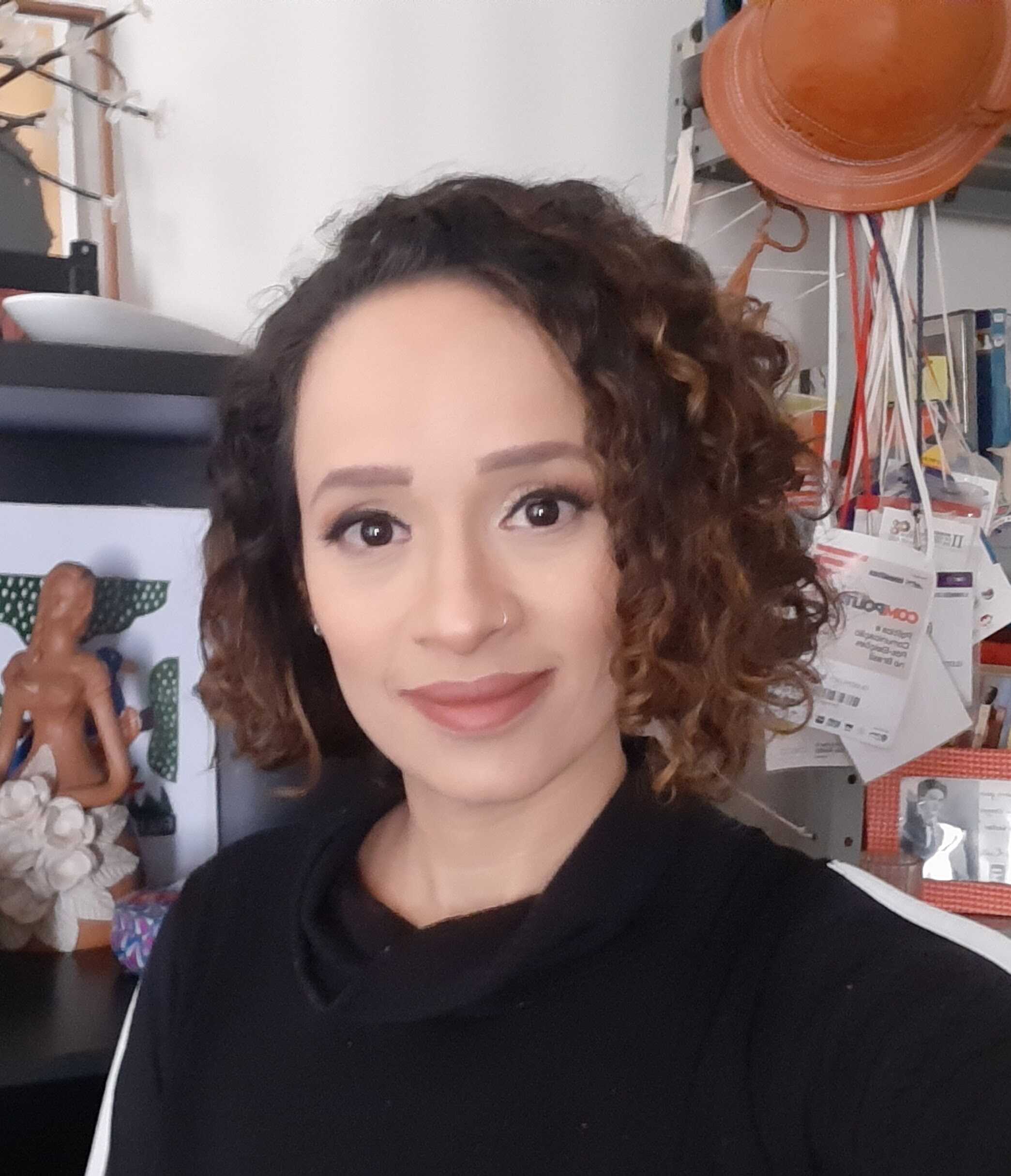
Lucy Oliveira
Lucy Oliveira is Associate Professor of Political Science at Federal University of São Carlos, Brazil. She was post-doctoral fellow at Brazilian Center of Analysis and Planning (CEBRAP/FAPESP). She received her PhD from Political Science at UFSCar. Currently she researchs about democracy in Brazil, rhetorical presidency, going public, political jornalism, Text as Data and Computational Social Science methods.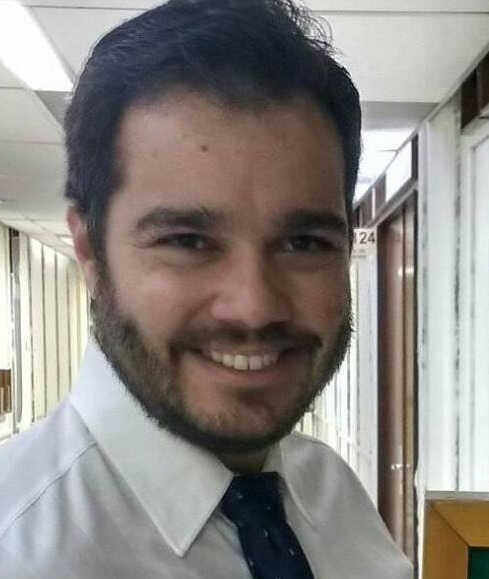
Murilo Junqueira
Professor of Political Science at the Federal University of Pará. Enthusiast of Computational Social Sciences, Philosophy, History, Economics and Other Intellectual Random Walks ...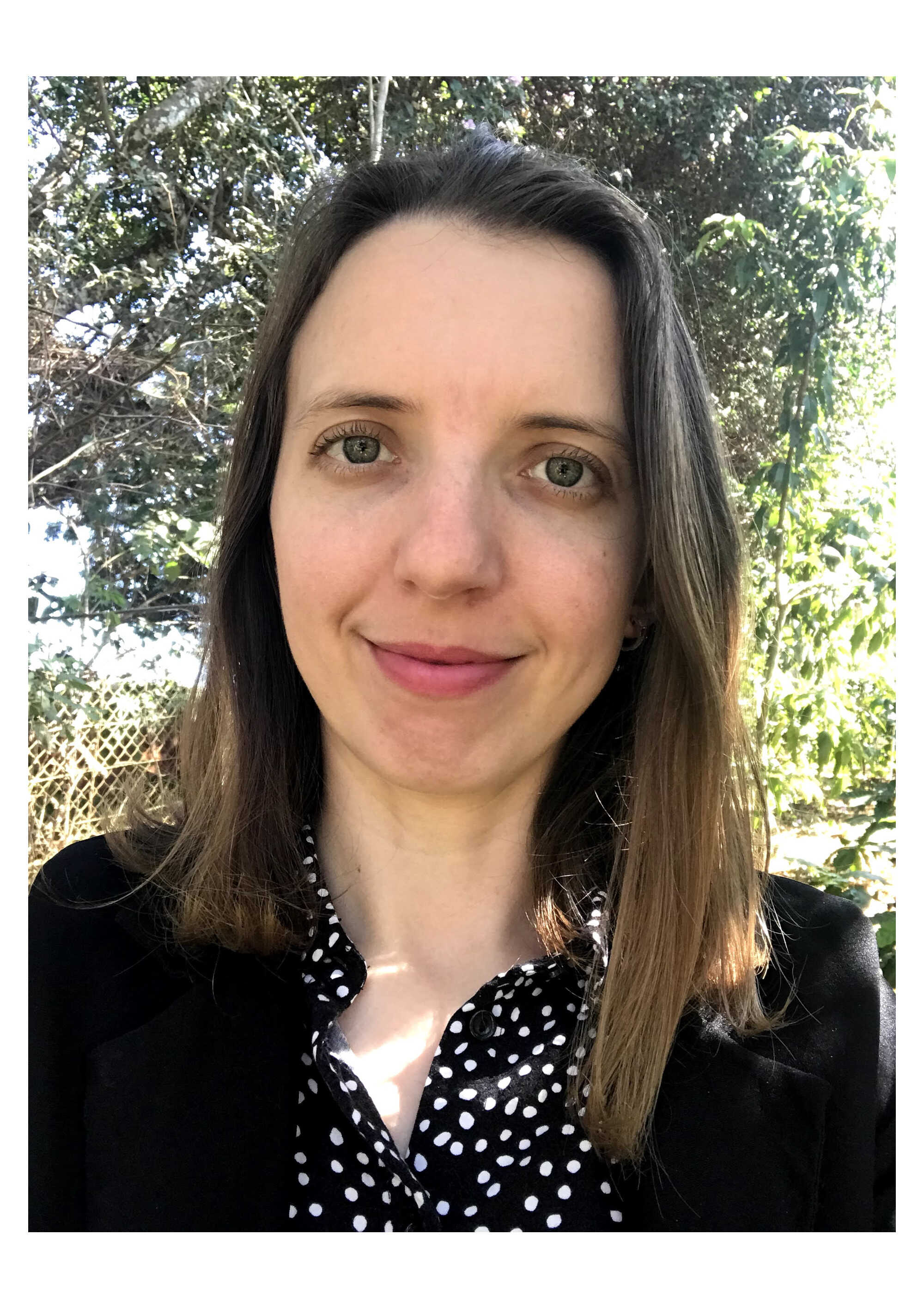
Natália Moreira
Natália Moreira is a researcher at the Department of Political Science at the University of São Paulo. She holds a BA in social science and an MA and Ph.D. in political science from the University of São Paulo. Her research addresses questions related to public opinion, political methodology, and public policy.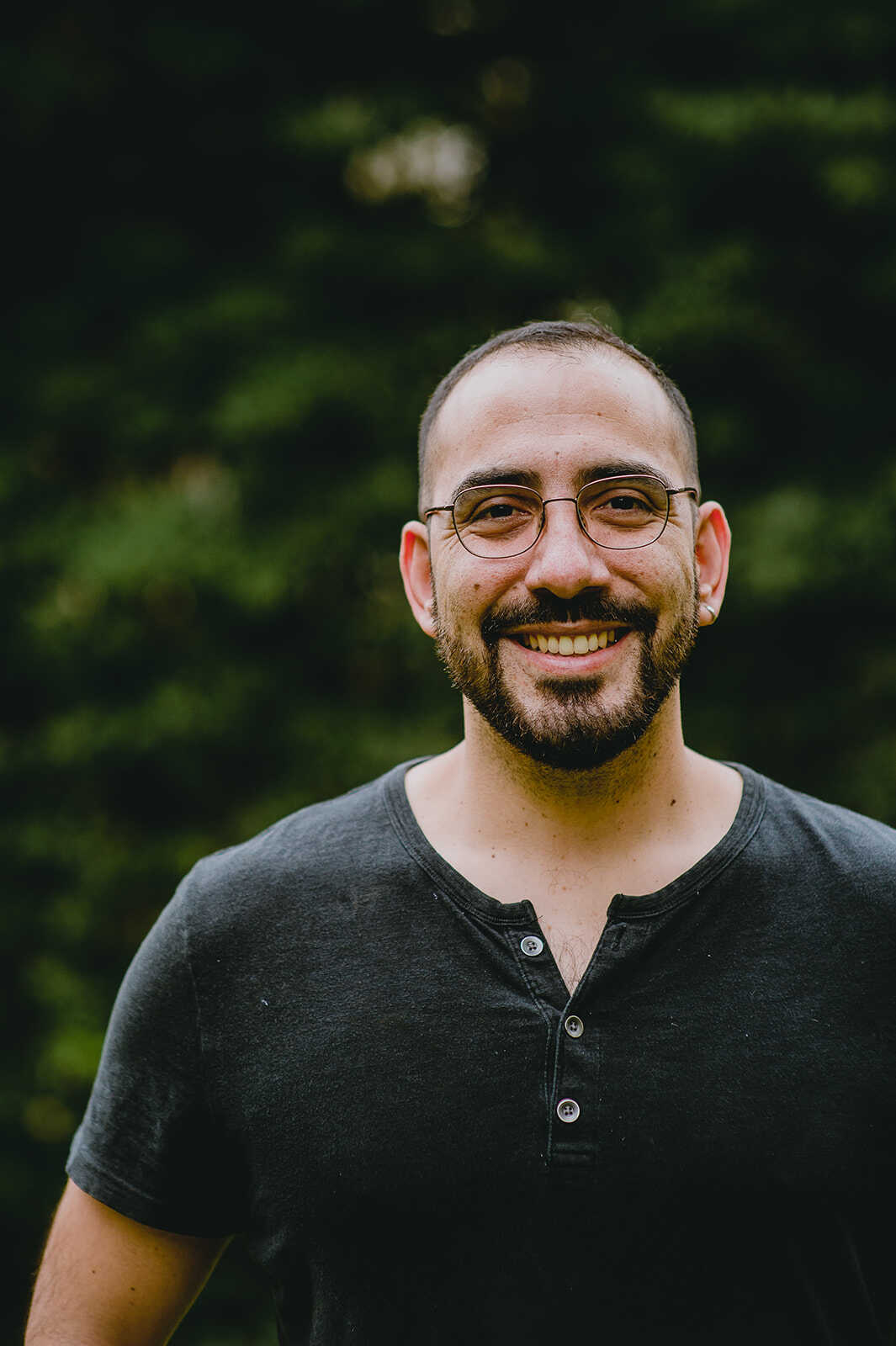
Pedro Seguel
Pedro is a Ph.D. student in Management of Information Systems at McGill University. He is working on topics related to developer communities, collaborative technologies, and the fair impact of Artificial Intelligence. His research focuses on the role of expertise and professions in shaping technological and institutional change and how such changes are reshaping expertise and work.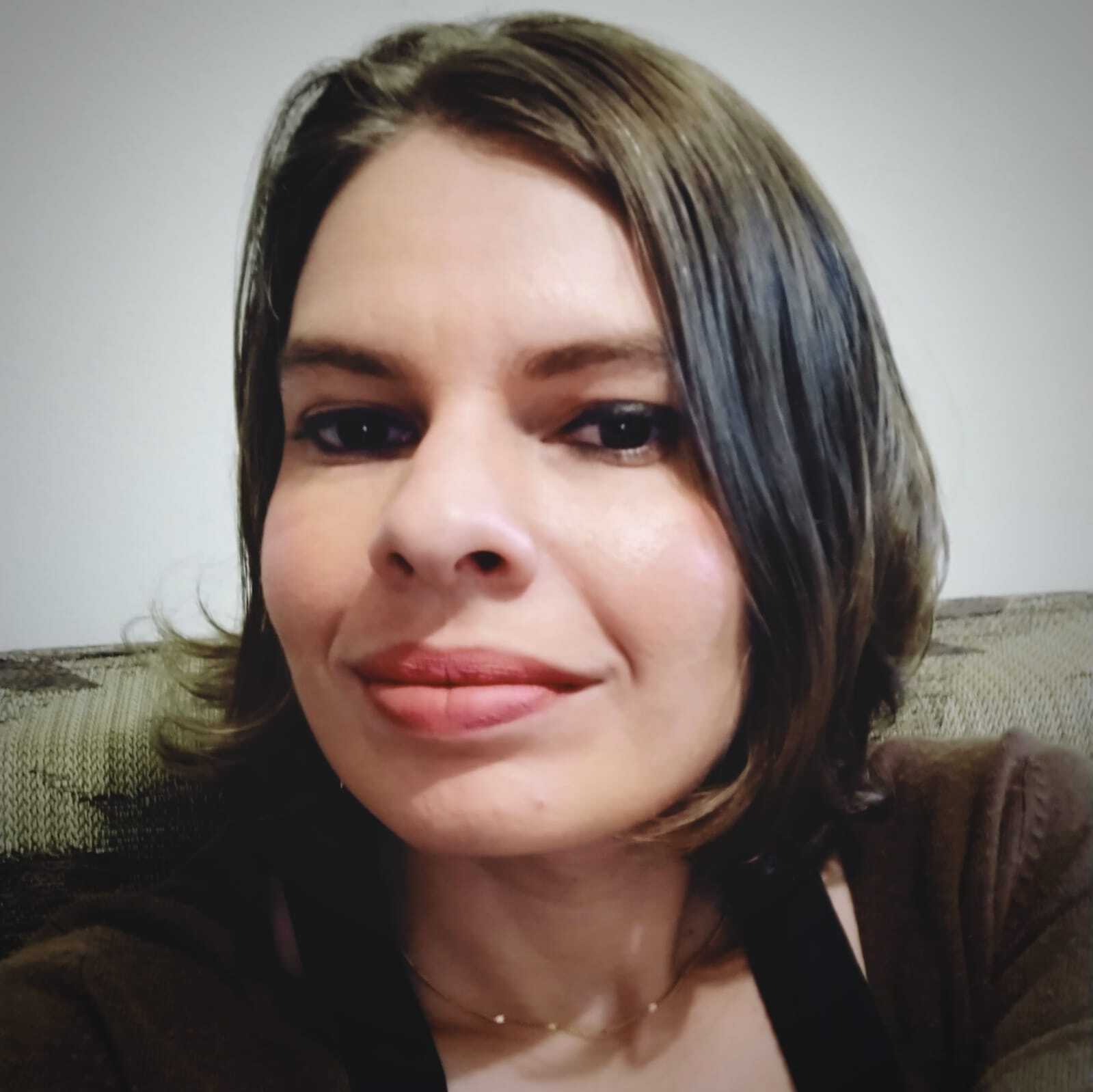
Priscila Medeiros
Priscila Medeiros is an Assistant Professor at Ufal and a postdoctoral fellow at Netlab (UFRJ). She received her PhD in Communication at UFPE. Her research focuses on environmental communication, and she is currently interested in the use of digital methods to study the environmental debate in Brazilian social media.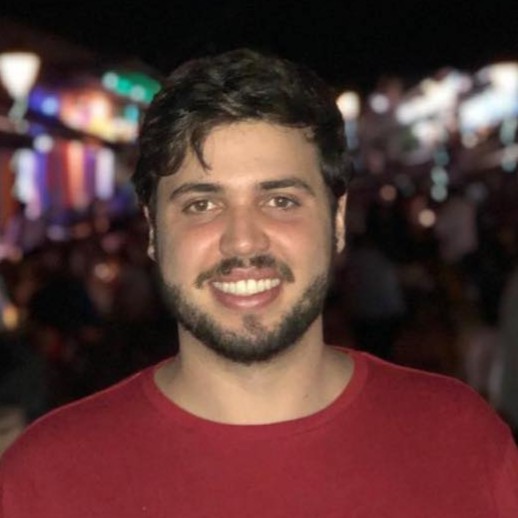
Rafael Richter
Rafael Richter is a Researcher at Codeplan and a PhD candidate in Economics at Insper.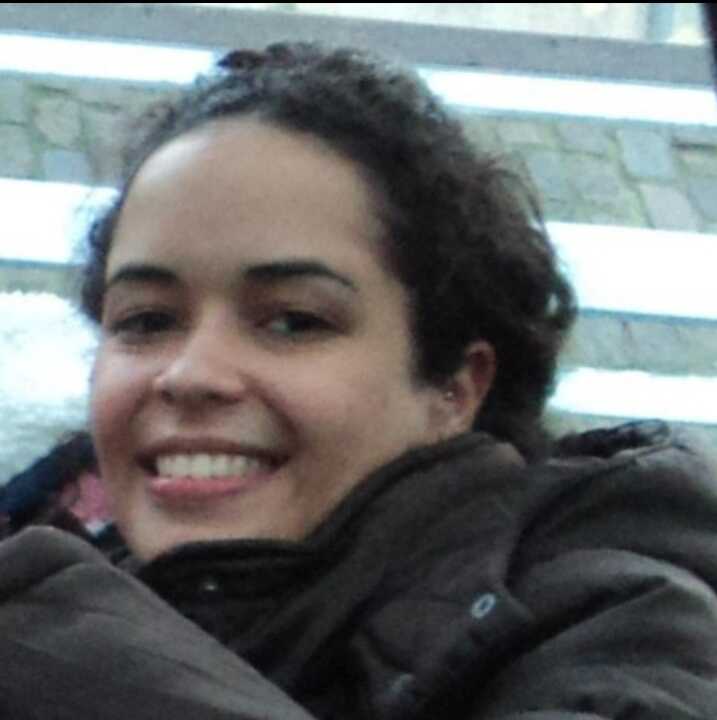
Raquel Jorge de Oliveira
Raquel Jorge de Oliveira is a recent MA graduate from the International Relations Institute at the University of Brasília. While applying for PhD programs, she developed a strong interest in R programming and computational social science. With SICSS, she is excited about learning more on how quantitative methods can elicit interesting findings in her future PhD research. A mixed methods enthusiast, Raquel is especially intrigued by cybersecurity, technological illiberalism and democratic backsliding, particularly how microtargeting in disinformation campaigns can influence political outcomes.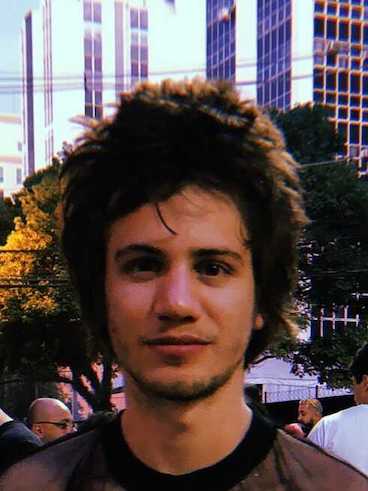
Rodrigo Mahlmeister
Rodrigo Mahlmeister is an economist with a Master’s degree in Political Science. He is currently a researcher in Centro de Estudos da Metrópole and a political cosultant. His research topics are political behavior, income inequality, and preferences for redistribution.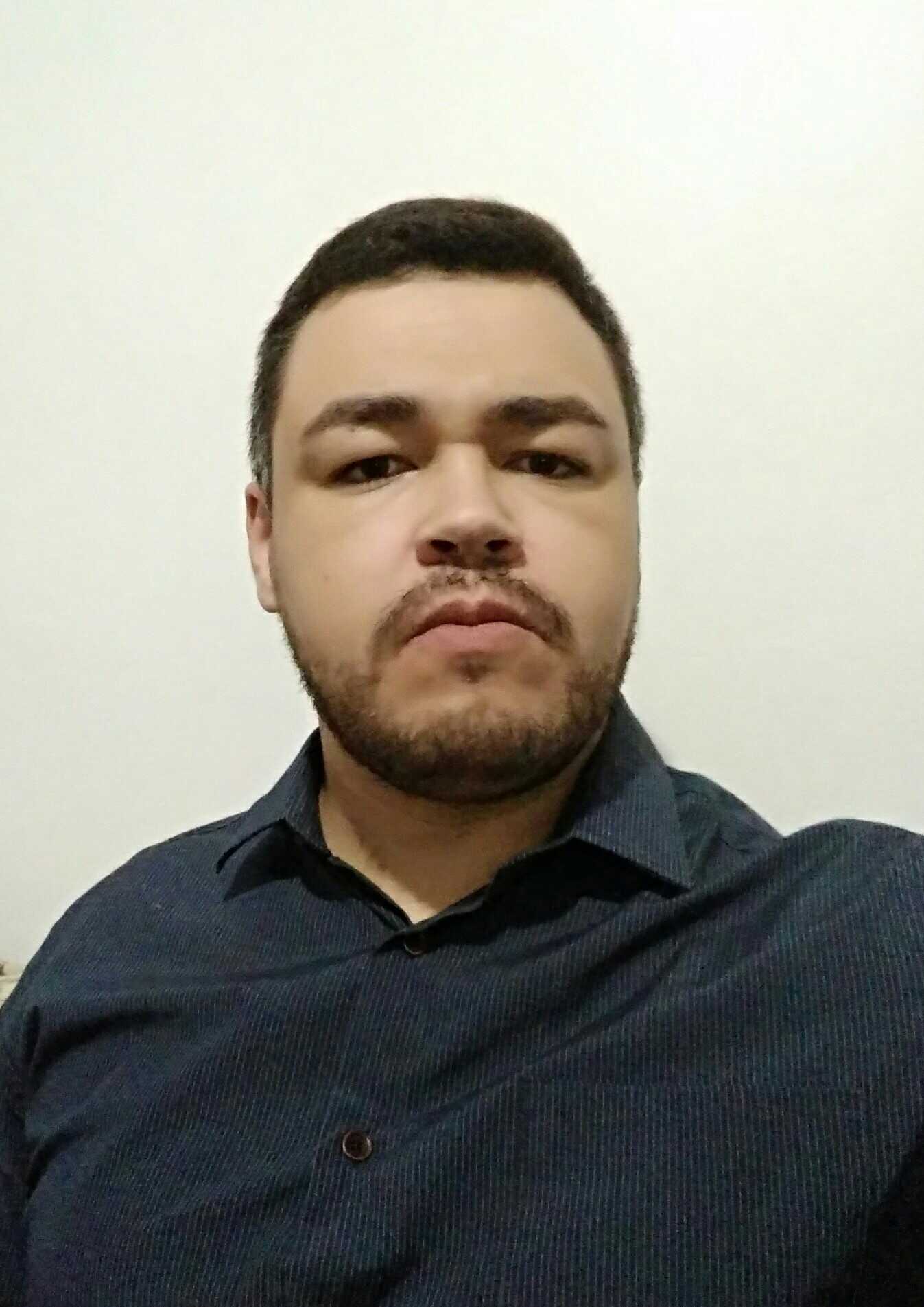
Silvio da Rosa Paula
Research Incentive Scholarship at the Institute of Applied Economic Research (IPEA), PhD candidate at the Postgraduate Program in Organizations and Markets at the Federal University of Pelotas (PPGOM/UFPel). Master in Applied Economics PPGOM / UFPel. Postgraduate in Machine Learning and Artificial Intelligence from Faculdade Anhanguera. Graduated in Economic Sciences from the Federal University of Pelotas UFPEL. Member of the research groups: Laboratory of Studies in Regional Economics (LabReg) and Group for the Evaluation of Public Policies and Social Programs (GAPPS)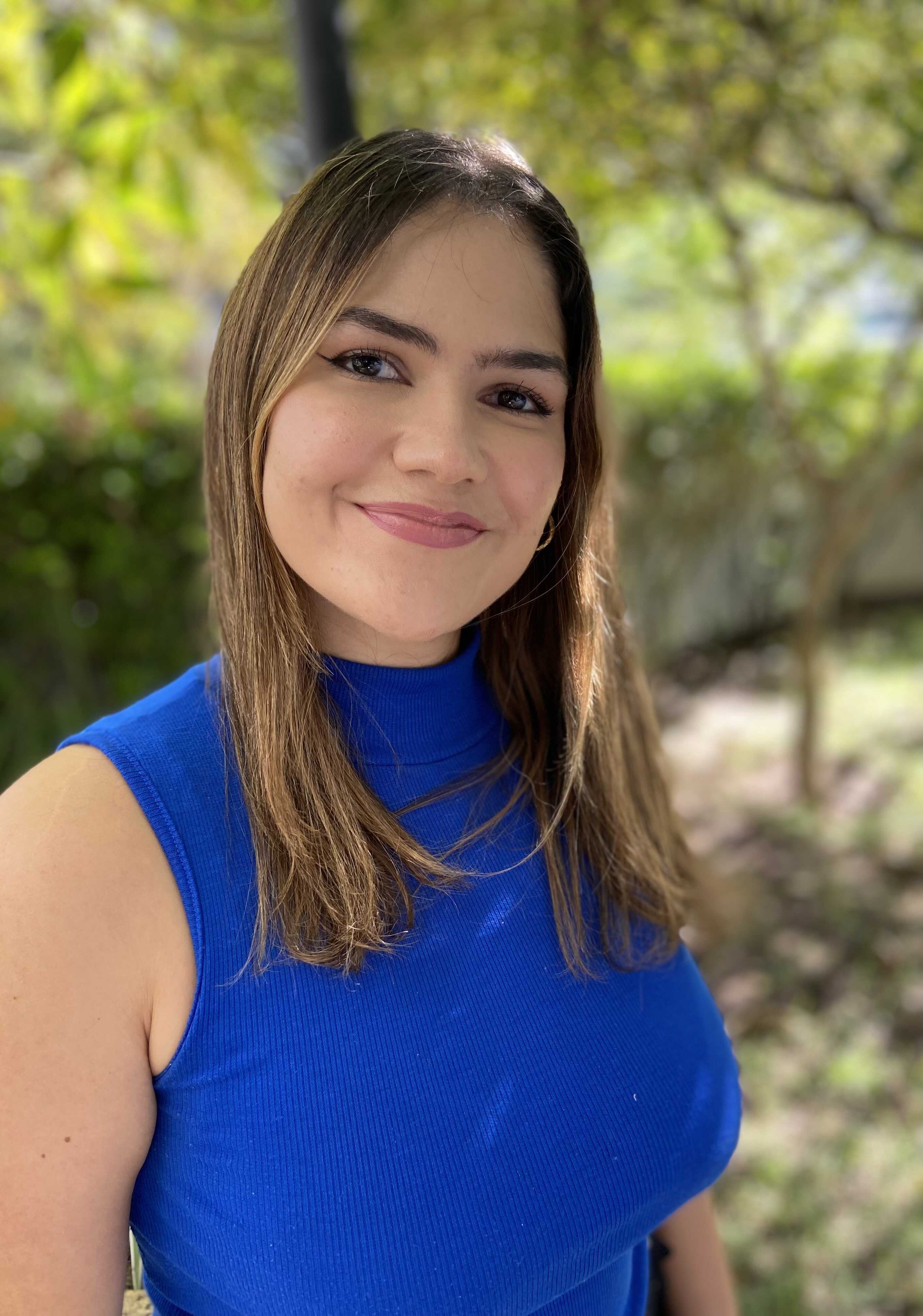
Vanessa Lira
Vanessa Lira is a doctoral student in Political Science at Federal University of Pernambuco (UFPE). Her current research examines affective polarization on social media using experimental methods with text analysis in Brazil. She is also studying effects of political conspiracy theories on democracy.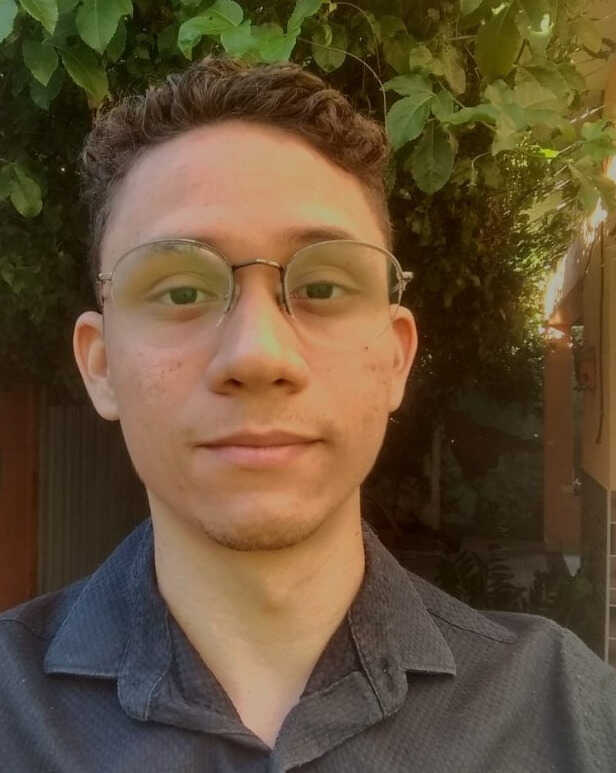
Victor Siqueira
Victor Siqueira is pursuing an M.A in Political Science at Universidade Federal de Pernambuco, Brazil. His interests lie in Climate Change Communication, Public Opinion, and Survey Methods. In particular, he researches the political correlates between climate change opinion, partisanship, and ideology, and the links between attitudes and behavior towards climate and environmental issues.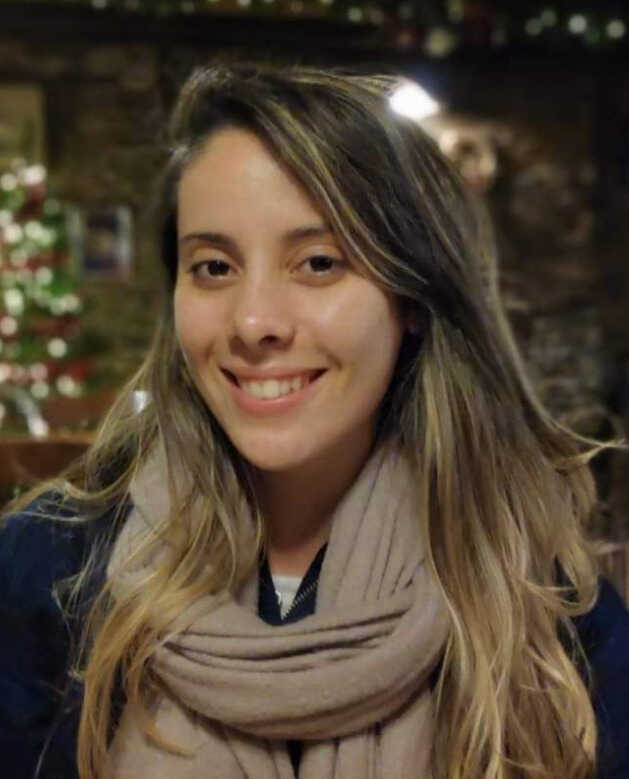
Virginia Silva
Virginia Rocha is a Ph.D. candidate in Political Science at the Federal University of Pernambuco, Brazil. She was a Visiting Doctoral Student at Oxford (2018-2019), where she worked on her Ph.D. dissertation, examing how political dynasties affect transparency in Brazilian municipalities. Her research focuses on political institutions and public policy.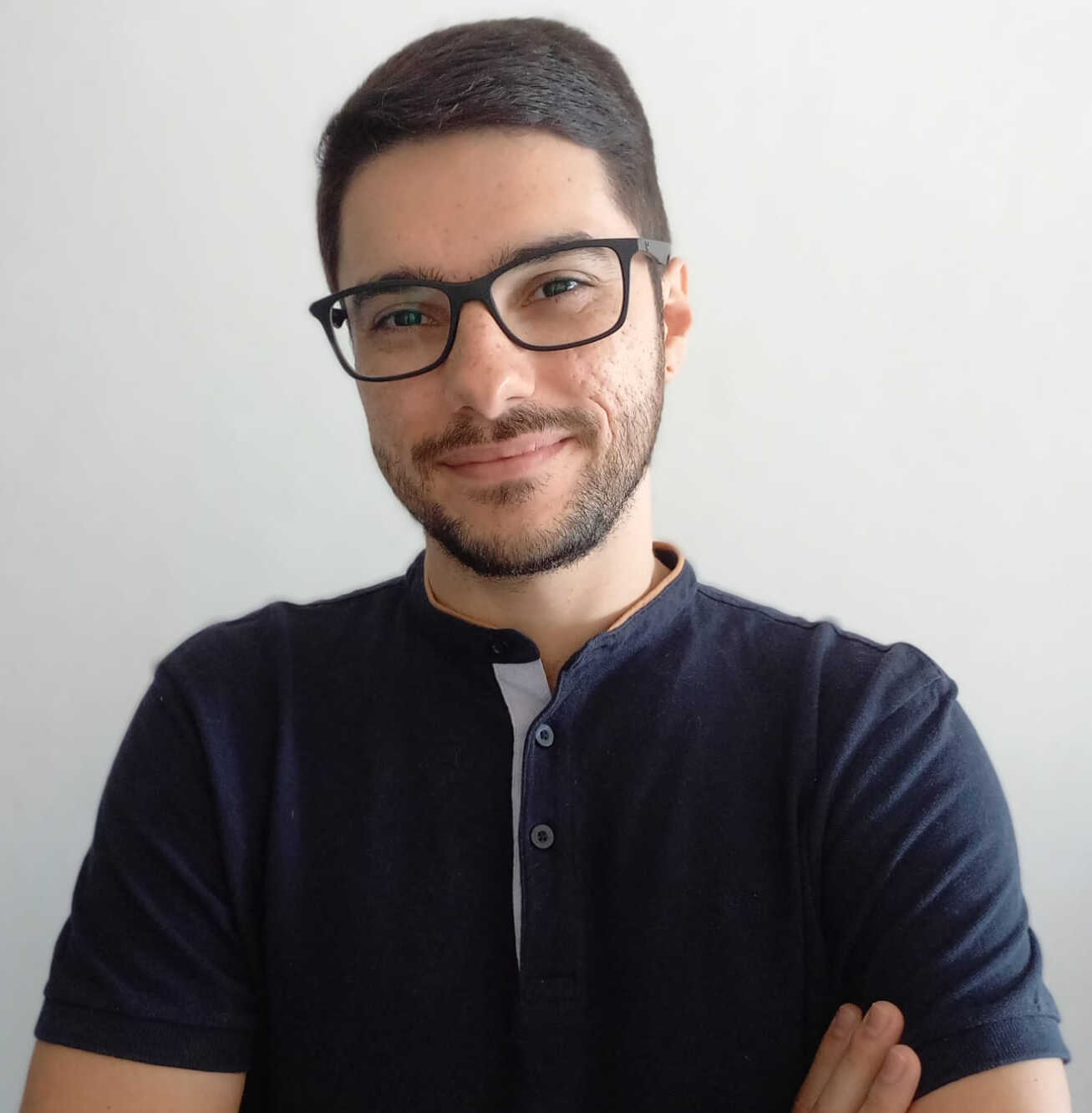
Yago Paiva
Yago Paiva is a Ph.D. candidate in Political Science at the Institute of Social and Political Studies of the State University of Rio de Janeiro (Iesp-Uerj). He holds a Master's degree in Political Science from the same institution. He studies the relationship between political institutions and digital technologies, state capabilities, and the use of digital media in elections. He is interested in how quantitative and computational methods can be applied to causal inference. His current research is on the process of state digitalization, the effects of political systems structures on digitalization, and the determinants of digital electoral strategies.